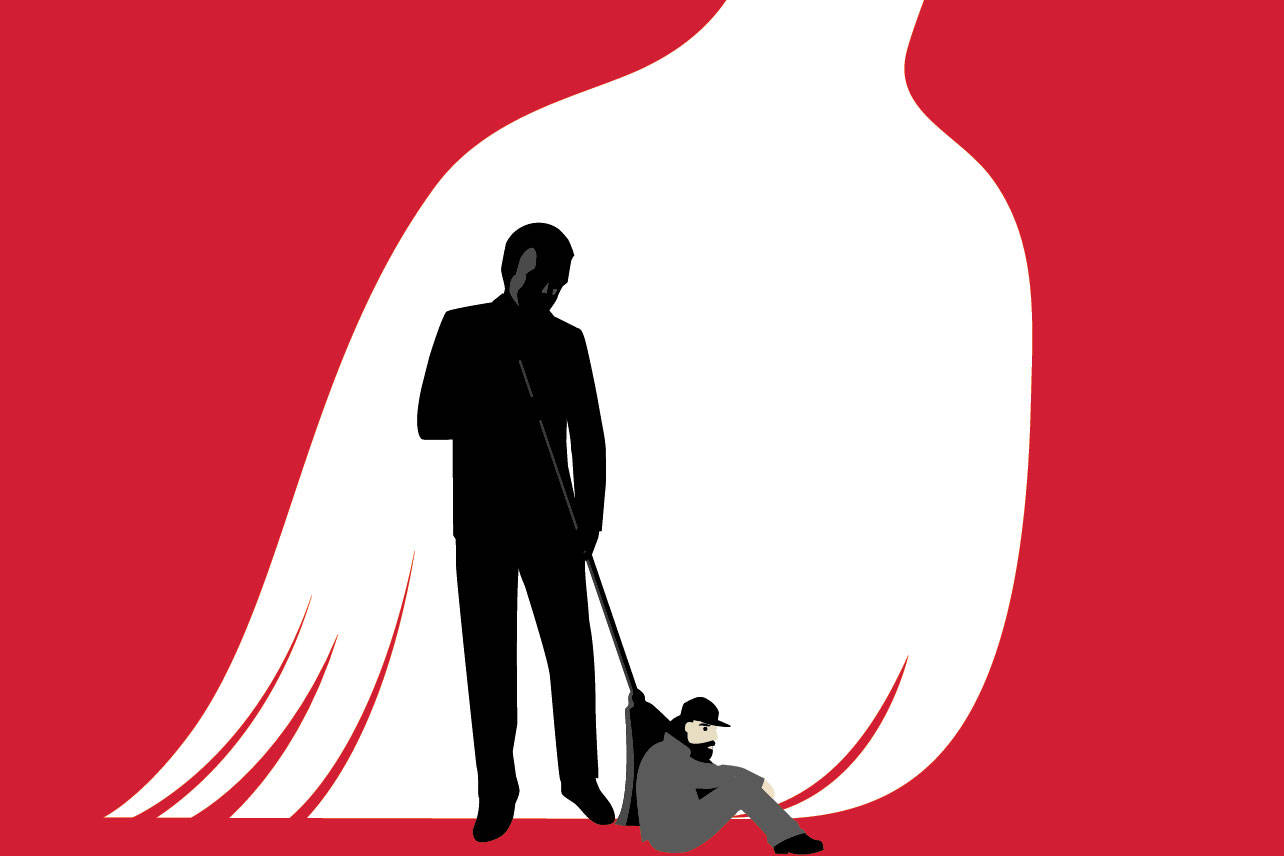In the summer of 2014, Seattle police officer Cynthia Whitlatch, who is white, arbitrarily arrested William Wingate, an elderly black man who was using a golf club as a cane.
When the press got hold of the patrol-car video of the arrest, the public roared. More than a hundred marched in the street to protest Whitlatch, who responded to the outcry by doubling down. She refused to apologize. Seattle Police Chief Kathleen O’Toole fired Whitlatch on September 15, 2015, writing, “Your inability to understand, even in hindsight, that your behavior was unnecessarily aggressive, an abuse of discretion, and negatively impacted the community’s confidence in this police service, offers me no pathway to confidence that your behavior will improve or change.”
The lesson from the Whitlatch incident seemed to be that police reform is working in Seattle: A cop who messed up got fired. And O’Toole having the guts to terminate Whitlatch wasn’t the only sign of improvement at SPD. Uses of force have dropped since the department entered a federal consent decree in 2012, though racial bias remains statistically detectable.
However, the truth is a bit more complicated, and what seemed like a resounding victory for accountability resounded a little less last week. As it actually happened, two police supervisors learned of complaints about Whitlatch’s arrest of Wingate from community members in September 2014, four months before reporter Ansel Herz (then at The Stranger) published the video of the arrest. The Office of Professional Accountability’s (OPA) investigation into the incident concluded in July 2015—just under six months after the car video went public, but 10 months after the supervisors learned of the incident. This timeline is troublesome, and not only because it shows that Seattle’s police department still can’t be trusted to police their own.
Under union-contract terms, Whitlatch had to be notified of a disciplinary decision against her within six months of a supervisor’s learning about misconduct. After getting fired, Whitlatch filed a labor complaint with the support of the police union, SPOG. Whitlatch argued that the clock for the six-month time limit should have begun in September 2014 (the date her supervisors first heard complaints about the Wingate arrest) instead of January 2015 (the date the video was made public), in which case O’Toole’s discipline (when the investigation concluded, in July 2015) would have missed the deadline. If she won the labor complaint, she could have gotten reinstated. O’Toole argued that the September date didn’t count because Whitlatch initially lied about the details of Wingate’s arrest, but the risk of having Whitlatch back on the force convinced City Attorney Pete Holmes to settle. Whitlatch got a little more than $100,000 in back pay plus some retirement money—on top of the nearly $1.3 million Seattle taxpayers already spent to reimburse Wingate and his lawyers. In exchange, she dropped her complaint and promised to never again work as a cop in Washington.
New lesson: Bad cops get golden parachutes.
Holmes blames the SPOG contract. “The City must regain its ability to manage, discipline, and hold officers accountable without the impediments that have been inserted into collective-bargaining agreements over the years,” Holmes explained after public outcry against the Whitlatch settlement. “This case demonstrates the vital importance obtaining of new agreements with our police unions that fully embrace reforms achieved through the Consent Decree.”
SPOG President Kevin Stuckey doesn’t see it that way. He says that despite the payout, Whitlatch has been held accountable because her career is lost and her local reputation ruined. Stuckey points out that city leaders agreed to the contract that led to the settlement. “Nobody put a gun to their head,” he said.
That contract expired at the end of 2014, but remains in effect because a new one hasn’t yet been negotiated. Stuckey is right that no one forced city leaders to sign the current police contract. He’s also right when he notes that “We’re in a different time and era” today than we were three years ago, in terms of norms and expectations for police conduct.
Maybe someday the rules governing police will catch up. Whitlatch’s payout shows that they haven’t yet. With the current police contract expired, now’s as good a time as any.
editorial@seattleweekly.com





